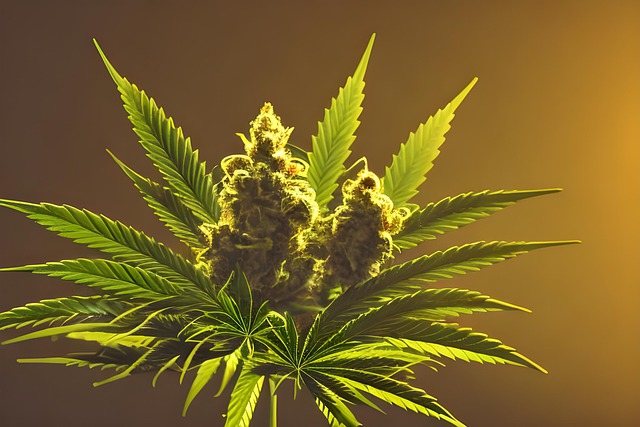A Deep Dive into the Health Benefits of THCa Flower
December 20, 2024

A Deep Dive into the Health Benefits of THCa Flower
The world of cannabis is vast and varied, with numerous compounds offering a range of potential health benefits. Among these, THCa (tetrahydrocannabinolic acid) has garnered attention for its unique properties. Unlike its more famous counterpart THC, Premium-grade THCa Flower strains is non-psychoactive, meaning it doesn’t produce the “high” associated with cannabis. This article explores the potential health benefits of THCa flower, supported by research and case studies.
Understanding THCa
THCa is a cannabinoid found in raw and live cannabis plants. It is the precursor to THC, the compound responsible for the psychoactive effects of cannabis. When cannabis is heated through smoking, vaping, or cooking, THCa converts to THC through a process called decarboxylation. In its raw form, THCa offers a range of potential health benefits without the psychoactive effects.
Non-Psychoactive Nature
One of the primary attractions of THCa is its non-psychoactive nature. This makes it an appealing option for individuals seeking the therapeutic benefits of cannabis without the high. This characteristic allows for higher doses to be consumed without the risk of intoxication, making it suitable for a broader audience.
Potential Health Benefits
Research into THCa is still in its early stages, but preliminary studies and anecdotal evidence suggest several potential health benefits:
- Anti-Inflammatory Properties: THCa has shown promise in reducing inflammation, which can be beneficial for conditions such as arthritis and other inflammatory diseases.
- Neuroprotective Effects: Some studies suggest that THCa may have neuroprotective properties, potentially aiding in the prevention of neurodegenerative diseases like Alzheimer’s and Parkinson’s.
- Anti-Emetic Effects: THCa may help reduce nausea and vomiting, making it a potential option for patients undergoing chemotherapy or those with chronic nausea.
- Appetite Stimulation: While THC is known for increasing appetite, THCa may also play a role in stimulating hunger, which can be beneficial for individuals with appetite loss due to medical conditions.
Case Studies and Research
Several case studies and research efforts have highlighted the potential of THCa flower in medical applications. For instance, a study published in the British Journal of Pharmacology found that THCa exhibited anti-inflammatory properties in animal models. Another study in the Journal of Neuroimmune Pharmacology suggested that THCa might have neuroprotective effects, offering hope for those with neurodegenerative conditions.
Consumption Methods
THCa can be consumed in various ways, each offering different benefits and experiences:
- Raw Consumption: Consuming raw cannabis leaves or flowers in smoothies or salads preserves THCa in its natural form.
- Tinctures and Oils: These products allow for precise dosing and can be added to food or taken sublingually.
- Topicals: THCa-infused creams and balms can be applied directly to the skin for localized relief from pain and inflammation.
Legal Considerations
The legal status of THCa varies by region. In some areas, it is considered legal due to its non-psychoactive nature, while in others, it falls under the same regulations as THC. It’s important for consumers to be aware of the laws in their area before purchasing or consuming THCa products.
Conclusion
THCa flower presents a promising avenue for those seeking the therapeutic benefits of cannabis without the psychoactive effects. With potential applications ranging from anti-inflammatory and neuroprotective effects to appetite stimulation, THCa offers a versatile option for various health concerns. As research continues to evolve, the understanding of THCa’s benefits will likely expand, providing further insights into its role in health and wellness.